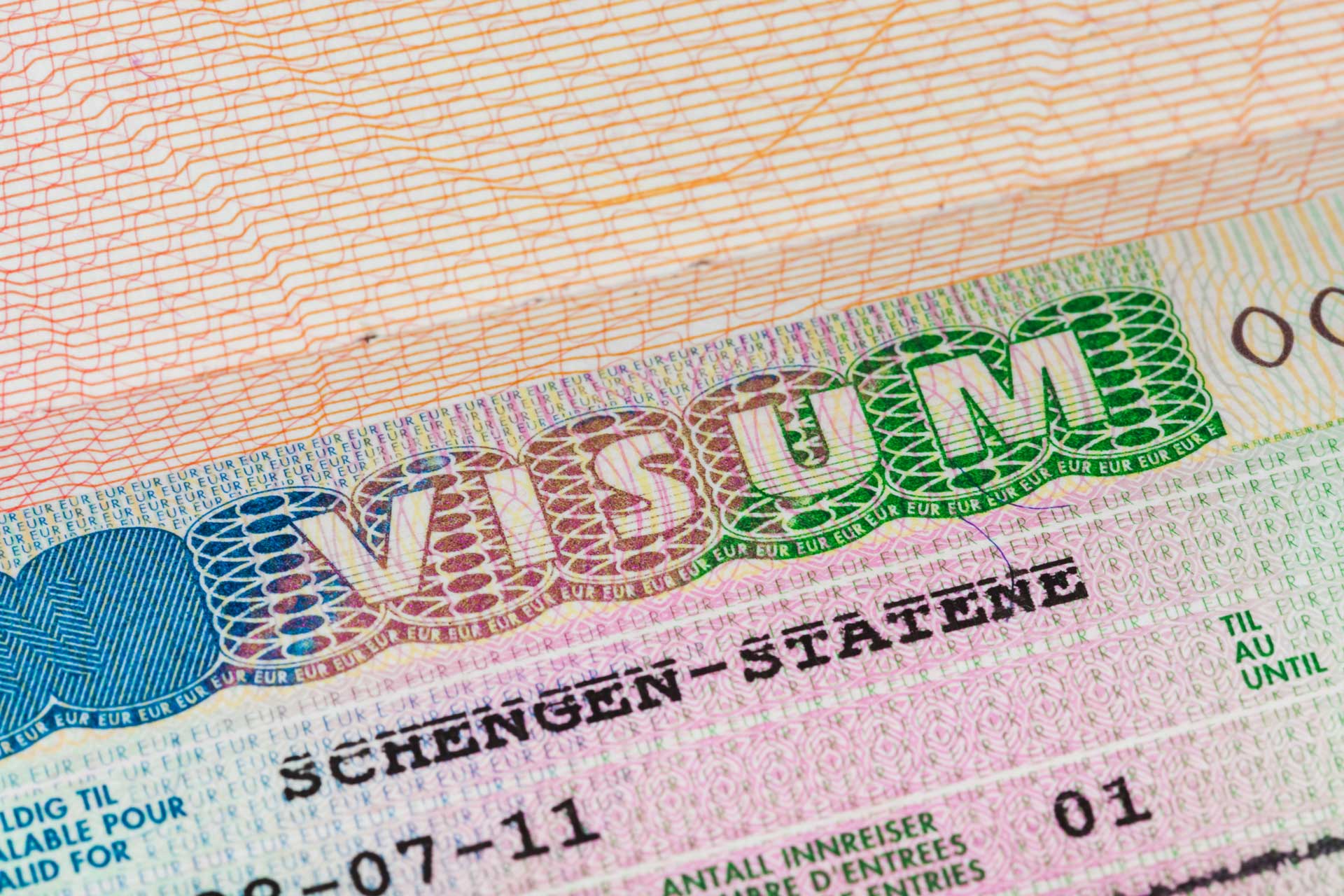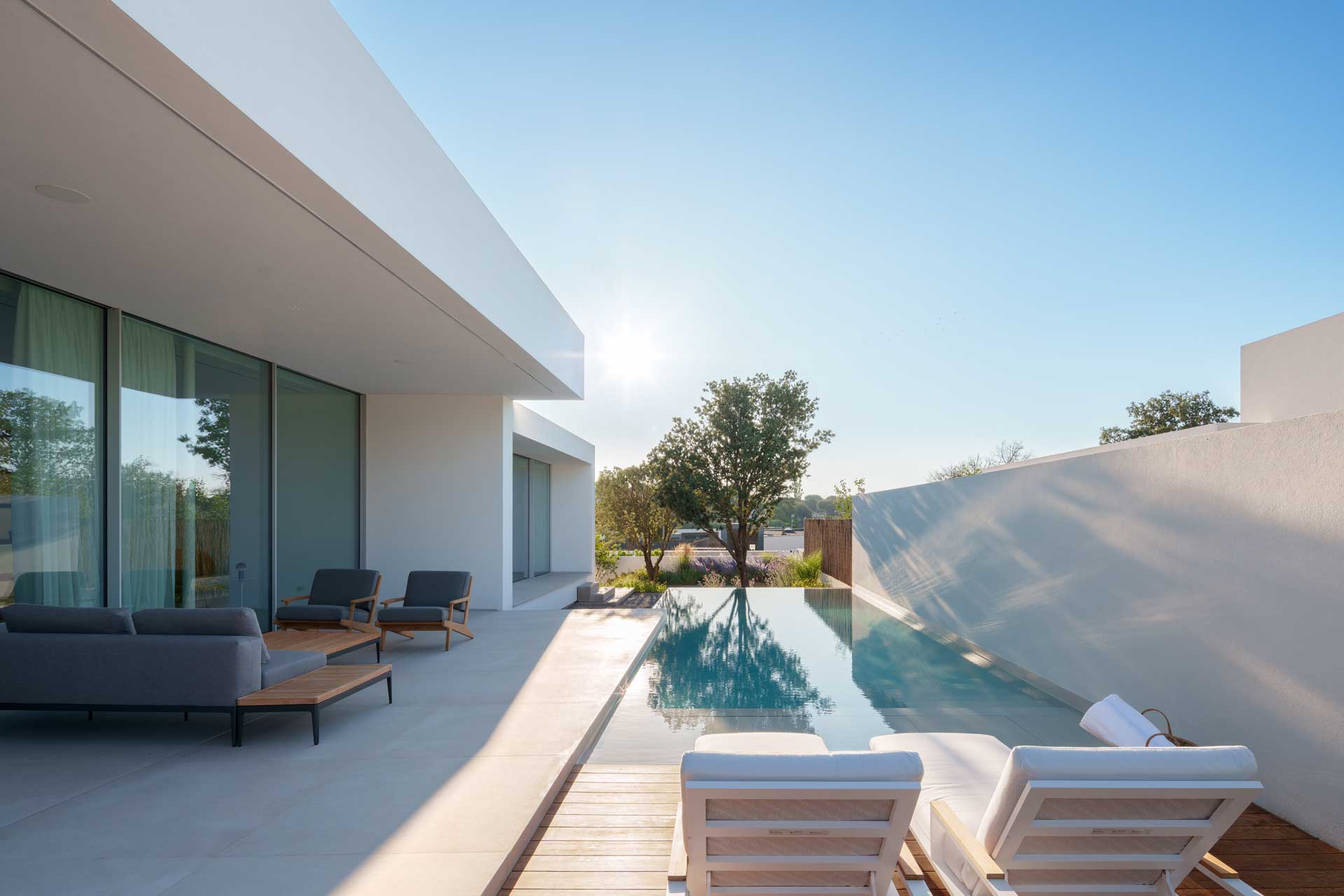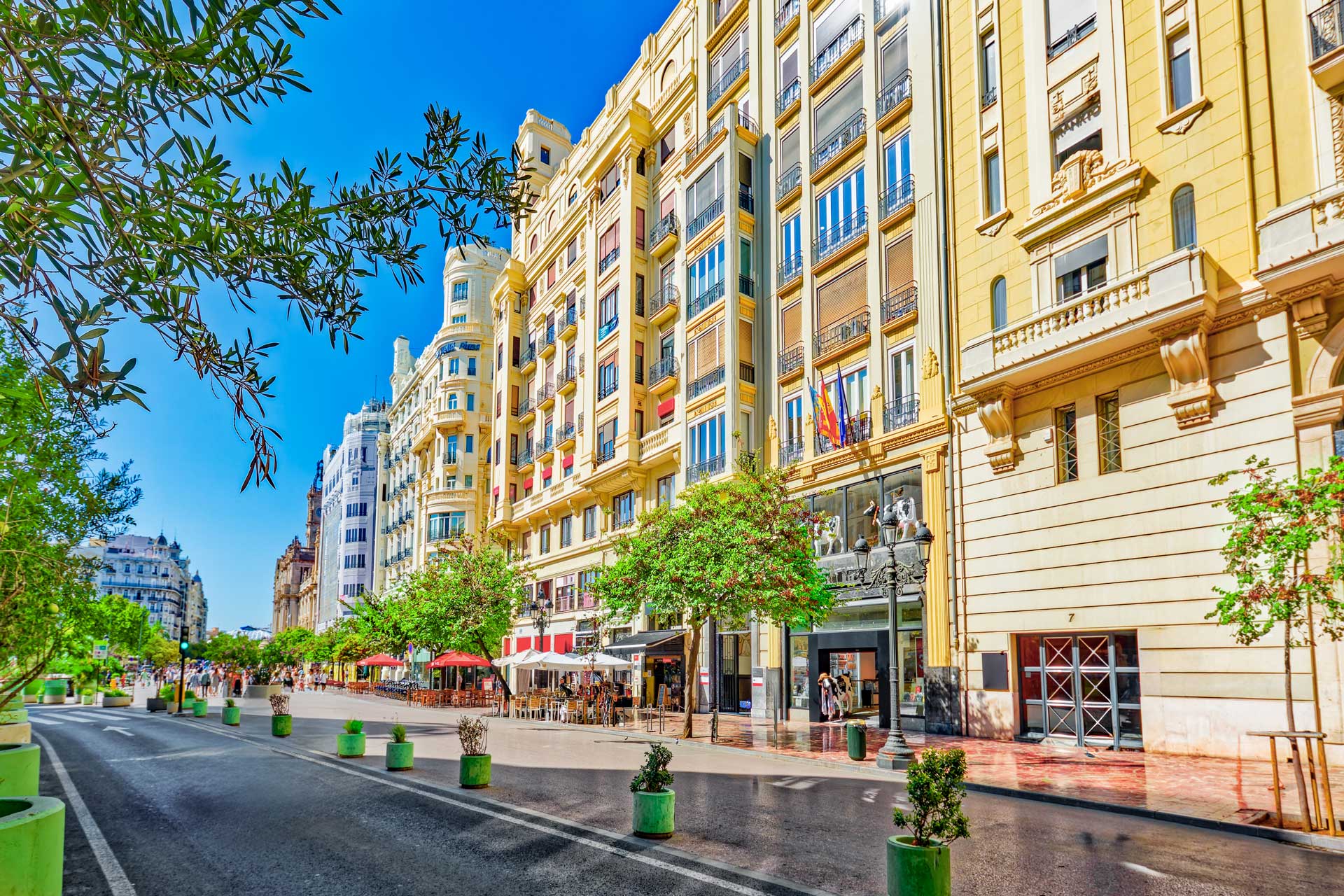Expert advice and practical insights for relocating with peace of mind
Moving to Spain on a Non-Lucrative Visa (NLV) is a popular choice among retirees, remote workers with passive income, and individuals seeking a peaceful life in a Mediterranean setting. At Livin’Valencia, we guide our clients through every step of this process—from visa application to finding their new home—ensuring their transition is smooth, safe, and fully compliant with Spanish law.
This FAQ answers the 20 most common questions we receive about the Non-Lucrative Visa for Spain, with a focus on practical steps, updated regulations, and real-world advice.
1. What is the Non-Lucrative Visa (NLV)?
The NLV is a Spanish residency visa that allows non-EU citizens to reside in Spain for over 90 days without engaging in any work or professional activity within Spain. It’s ideal for retirees or individuals with passive income or remote income from abroad.
2. Who is eligible for the NLV?
Applicants must prove they have sufficient financial means to support themselves and their dependents without working in Spain. It is intended for individuals who are retired, semi-retired, or living off savings, pensions, or foreign income.
3. What are the minimum income requirements in 2025?
As of 2025, the required monthly income is approximately €2,400 for the main applicant and €600–€700 per dependent. This must be proven with official bank statements, pension documents, or other financial proofs covering at least 12 months.
4. Can I work remotely for a foreign company while on the NLV?
Technically, the NLV prohibits any economic activity. However, some Spanish consulates tolerate remote work for a foreign employer, especially if you’re not offering services to Spanish clients. We strongly recommend case-by-case legal advice.
5. What documentation is required to apply?
You’ll need:
- Valid passport (with at least 1 year left)
- Proof of sufficient income or savings
- Private health insurance (with full coverage in Spain)
- Clean criminal record (from your country of residence)
- Medical certificate
- Completed application forms and passport photos
6. Where do I apply for the NLV?
Applications must be submitted in person at the Spanish consulate in your country of legal residence. Each consulate may have slight variations in documentation or translations required.
7. How long does the process take?
From application to approval, expect 4 to 8 weeks. It’s best to start preparing documents at least 3 months in advance, as apostilles and translations may take time.
8. Is there a minimum stay requirement once the visa is granted?
Yes. You must spend at least 183 days per year in Spain to maintain your residency and comply with tax residency rules.
9. How long is the visa valid, and how can it be renewed?
The initial visa is valid for 1 year. After that, it can be renewed for 2 years, and then another 2 years, leading to permanent residency after 5 years, provided the requirements continue to be met.
10. Do I need private health insurance?
Yes. The insurance must:
- Offer full coverage in Spain
- Be non-deductible
- Be valid for at least 1 year
- Be issued by a recognized Spanish insurer
11. Can my family apply with me?
Yes. The NLV allows family reunification. You must show sufficient income for each family member and submit separate documents for each dependent.
12. What about children’s education if I move with my family?
Children can attend Spanish public or private schools. International schools are also an option, especially in Valencia. Livin’Valencia assists families in selecting and enrolling in schools that match their expectations.
13. Will I become a tax resident in Spain?
If you reside in Spain for more than 183 days in a year, you will be considered a tax resident, meaning you must declare your worldwide income. Double taxation agreements often apply—especially with the US, UK, and Canada.
14. What happens if my visa is denied?
If your visa is refused, the consulate will provide a reason. You have the right to appeal or resubmit a corrected application. At Livin’Valencia, we work with experienced immigration partners to reduce the risk of rejection.
15. Can I buy property in Spain with an NLV?
Absolutely. Many clients use the NLV route to relocate first, then buy a home. Buying property is not a requirement for the visa, but it can support your long-term residency goals.
16. Can I travel in the Schengen Area with the NLV?
Yes. The NLV grants you free travel within the Schengen Zone for up to 90 days every 180 days, as long as your residency remains valid.
17. Do I need to translate and legalize my documents?
Yes. Most consulates require official translations into Spanish and apostilles for documents like bank statements, police records, and birth/marriage certificates.
18. How much does it cost to apply?
Visa fees vary by country, but typically range from €70 to €150 per applicant. Additional costs include translations, apostilles, and insurance. Livin’Valencia offers full support to manage these efficiently.
19. Can I switch to another type of visa later (e.g., Golden Visa, Work Visa)?
Yes, under certain conditions, you can switch visas without leaving Spain. However, the transition depends on your new purpose of stay and legal requirements. It’s advisable to plan ahead.
20. How can Livin’Valencia help with the NLV process?
We coordinate the entire application: choosing the right consulate, reviewing your financials, liaising with local lawyers, translating and legalizing your documents, and guiding you through the renewal or long-term planning steps. We also help you settle into Valencia, find housing, register with town halls, and more.
Let’s make your move to Spain stress-free
Whether you’re planning your relocation, preparing documents, or simply wondering if this is the right visa for you, we’re here to help.
Book your courtesy 15-minute video call with Livin’Valencia’s real estate advisors to explore your eligibility and understand the steps—or contact us directly for personalized assistance.




